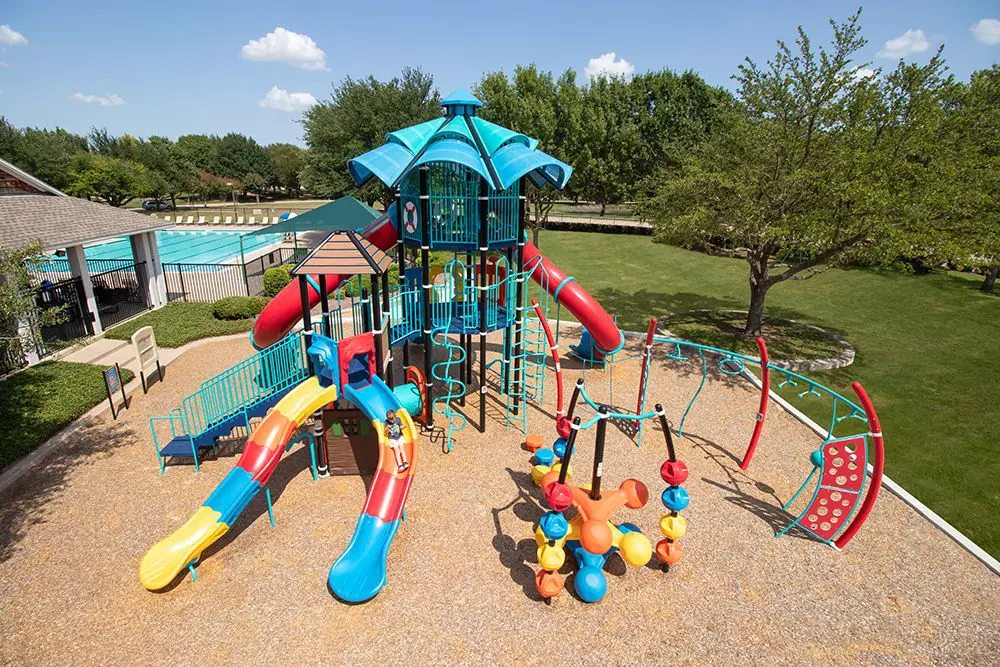Generally, homeowners’ associations are formed to take charge of the administration and enforcement of covenants for preserving the architecture, appearance and maintenance of common properties and facilities within a community such as recreational facilities, streets and sidewalks. The HOAs collect dues and assessments from its members or the homeowners to support its functions.
Depending on the activities of the HOA you manage, the HOA may be qualified for exemption under IRC 501(c)(4) or 501(c)(7). A large number of homeowners’ associations are qualified for tax exemption under IRC 501 (c)(4), the Code that deals with ‘social welfare’.
IRC 501(c)(4)
IRC 501(c)(4) has stricter standards for a homeowners’ association to qualify for exemption than IRC(c)(7) or 528. Under IRC 501(c)(4) a homeowners’ association must operate for the benefit of the general public or in other words, it must provide a community benefit. Therefore, to qualify homeowners’ associations must overcome the presumption that they are essentially and primarily formed and operated for the benefits of their members.
IRC 501(c)(7)
This is an alternative to exemption under IRC 501(c)(4). Under IRC 501(c)(7), a homeowners’ association whose primary function is to own and maintain certain recreational areas and facilities may elect exemption as a social club. This alternative may be more desirable where the association seeks restrict use of its facilities to members, offers incidental community benefits and has little or no nonmember income subject to tax under IRC 512(a)(3). A homeowners’ association may not qualify under IRC (501)(c)(7) if it owns and maintains residential properties that are not a part of its social facilities.
IRC 528
IRC 528 was enacted under provisions of the Tax Reform Act of 1976 to provide homeowners’ associations with another alternative to exemption under IRC 501(c)(4). Under IRC 528, any dues or assessments received by qualified homeowners’ associations from property owner-members of the organization are exempt from income tax. These are dues and assessments used for the maintenance and improvement of its property. One of the requirements that defines a qualified homeowners’ association is 90 percent or more of the association’s expenditures for the taxable year are expenditures for the acquisition, construction, management, maintenance, and care of association property.
If you have questions about whether your homeowners’ association qualifies for tax exemption, please don’t hesitate to call us and get a consult.

